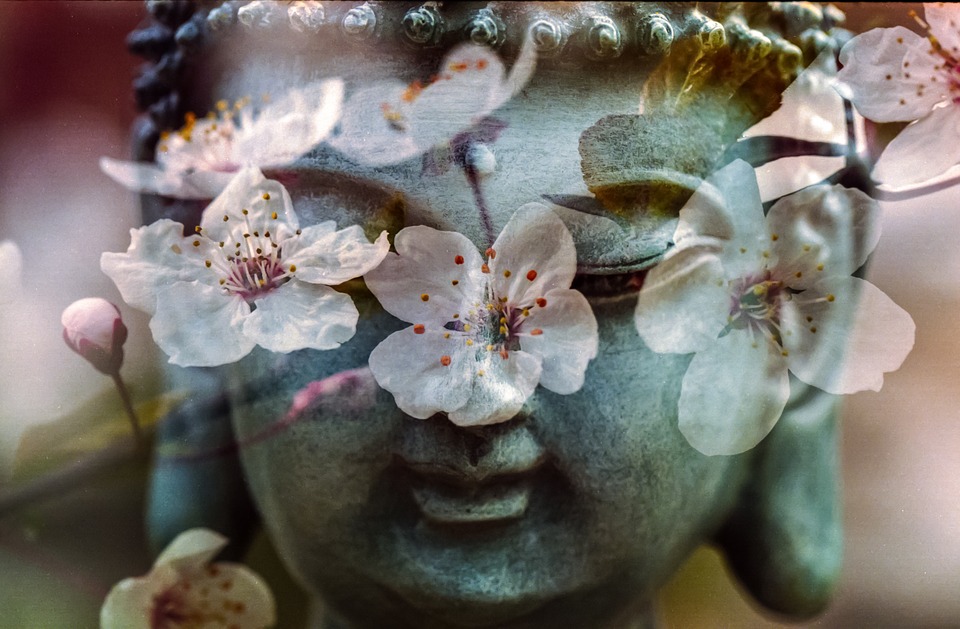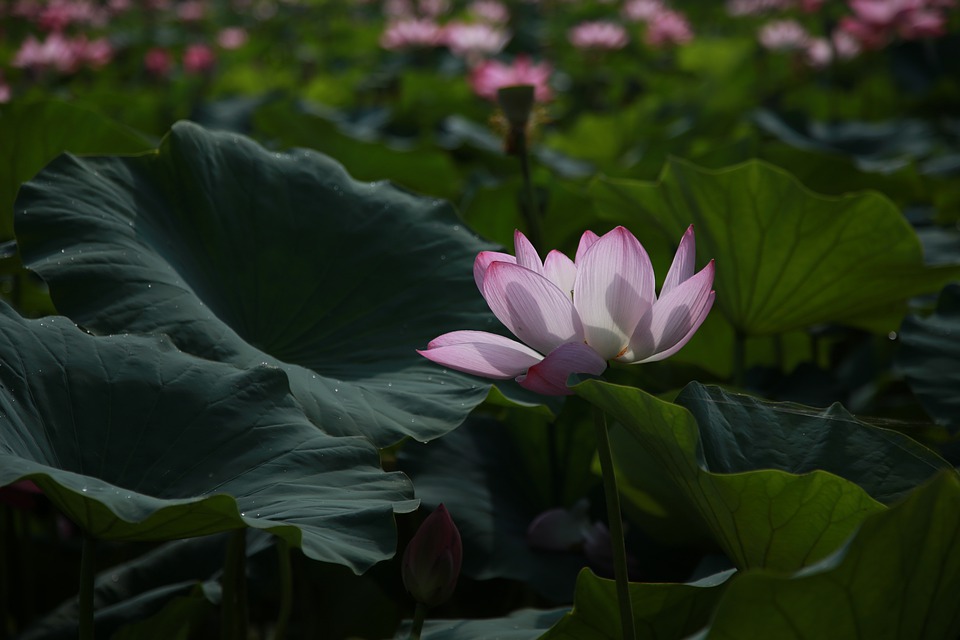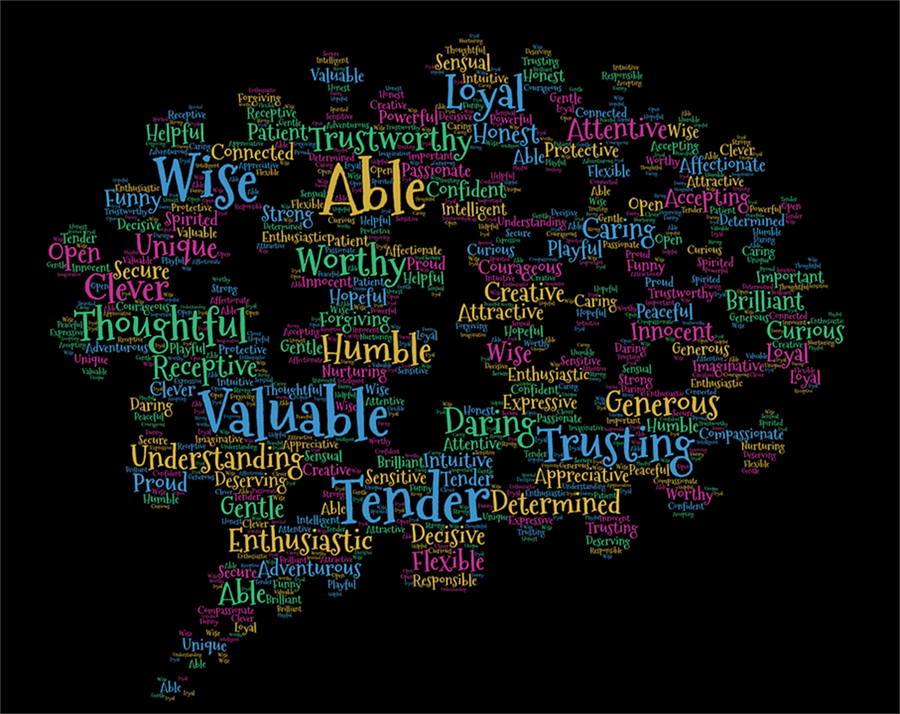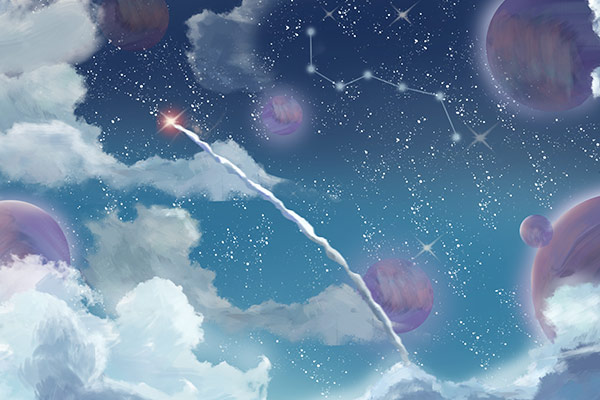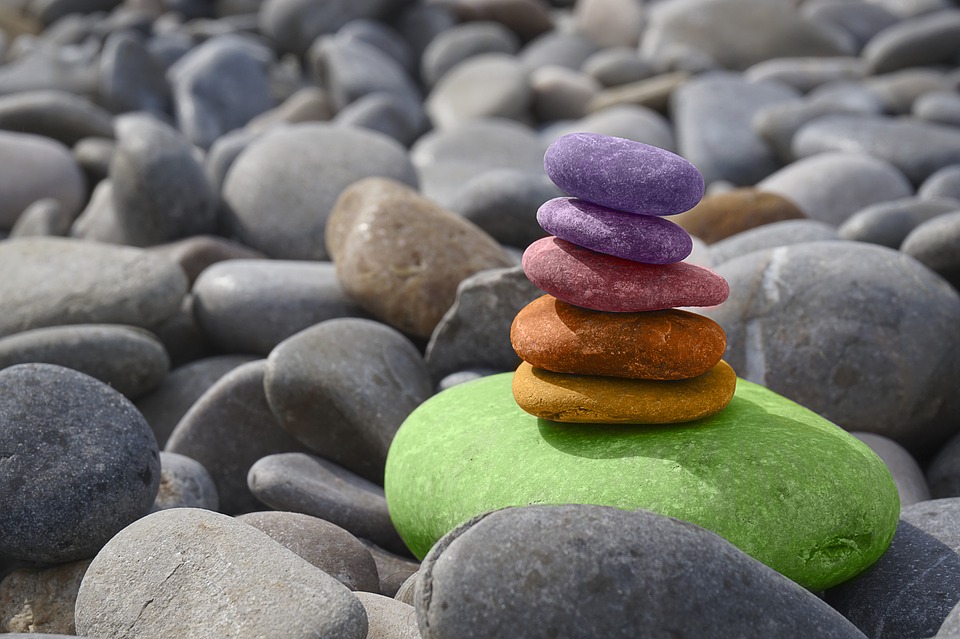The most significant impact on us in everyday life is adherence to continuous permanence, which leads to the production of all kinds of emotional negativities and to bad karma.
Momentary Impermanence is the basis of continuous impermanence. All composite phenomena are impermanent in that they are momentary: the moment they come into existence, they disintegrate. In other words, whatever is created is annihilated in the same instant.
From a macro perspective, all things that are created abide in the world for a time before they disintegrate – the process of arising and ceasing cannot be instantaneous. However, in examining phenomena on a microcosmic level, we discover all things arise and cease at the same time.
Consider the following: suppose we divide time into an infinitesimal moment so small it cannot be further divided, can we still separate this time into a moment of arising and a moment of ceasing? No, we cannot. If we could, this moment would then be divisible, not indivisible. If there is only arising but no cessation in this indivisible moment, things would arise indefinitely and abide forever; if there is only cessation but no arising, what is it that has ceased to exist? Is it physical matter, mental phenomena, or something entirely different? We know that nothing exists apart from physical matter and mental phenomena. Within this indivisible moment, arising and ceasing can only happen at the same time. All things in the world are destroyed the instant they are created; their arising and cessation exist at the same time. Such is momentary impermanence.
~ Depicted from THE FOUR SEALS OF DHARMA : All Composite Phenomena are Impermanent


